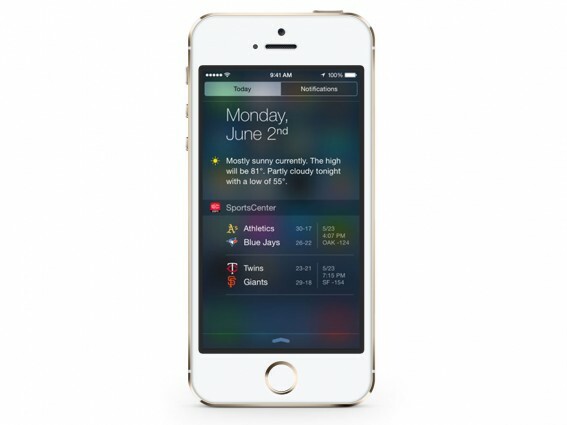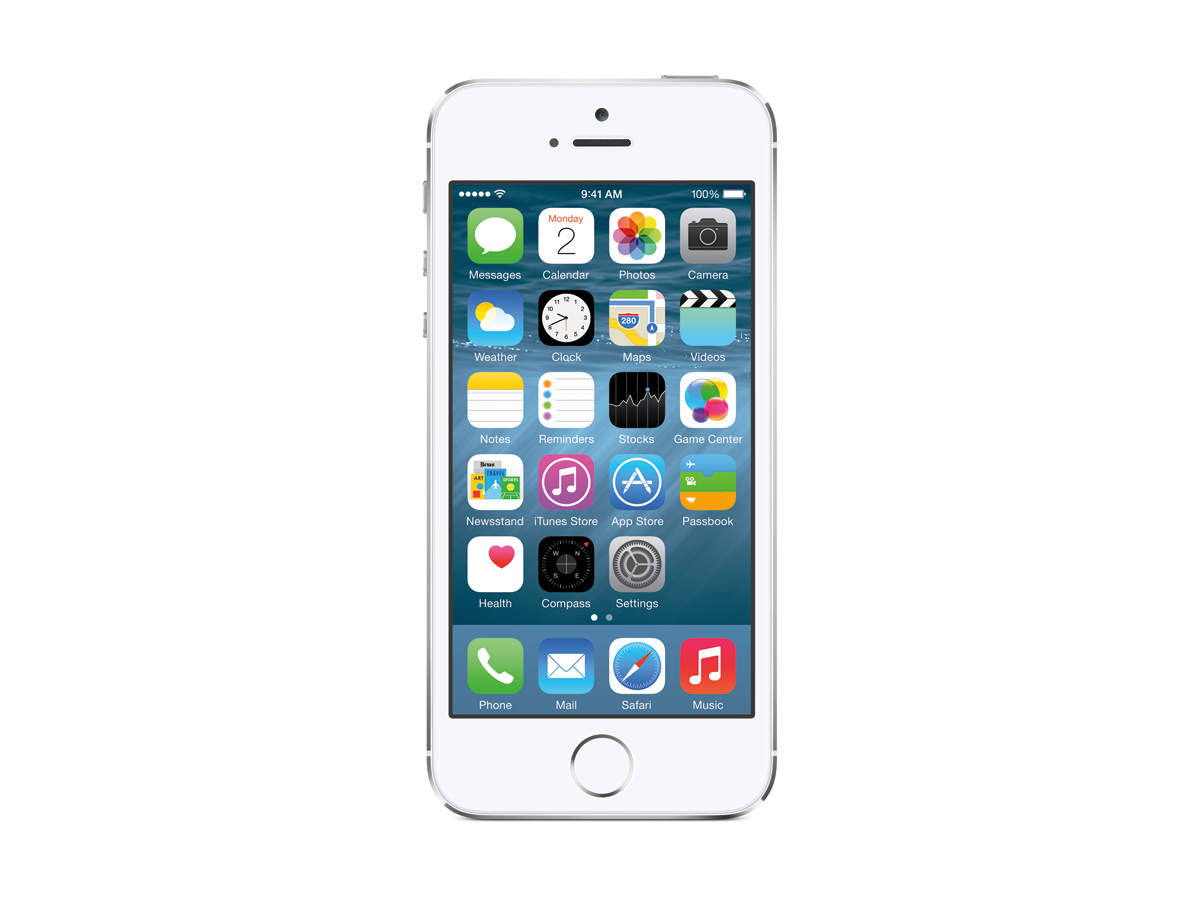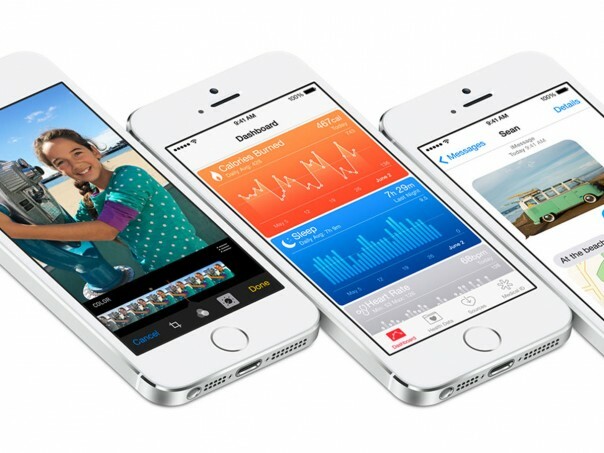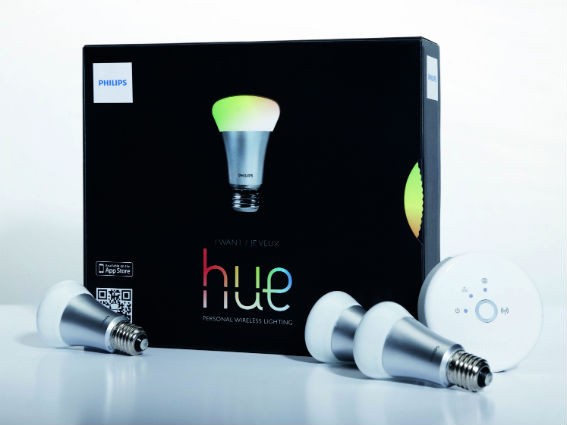iOS 8 gives apps more power than ever – but Cupertino’s still in control
iOS isn’t about to morph into an Android clone. There's change afoot but Apple’s loyal fans have nothing to fear

Apple, AKA tech’s biggest cult, is entering a new era. It’s an era promising third-party keyboards on iPhones, iOS apps talking to each other and an entire smart home unlocked with Touch ID. That doesn’t sound right, does it?
Last night at WWDC 2014, its annual developers’ conference, Apple announced the latest version of its mobile operating system, iOS 8. And in doing so, it’s made the most un-Apple move of its recent history; by taking cues not from perennial rival Android’s feature set (though it did that too) but its basic principle and biggest advantage. Openness is built into the DNA of Google’s mobile OS but iOS 8 is the first evidence of Apple beginning to entrust and share its core functions with outsiders.
That doesn’t mean iOS is transforming into a prettier version of wild, wild Android. No-one needs that. It would never be unrestricted enough for true tinkerers and loyal fans of Apple’s simple, seamless, “just works” ecosystem might feel intimidated.
To avoid becoming an Amazon Fire OS-style halfway house then, Apple looks set to focus on the two things it does better than any other tech giant: control and curation.
Aside from Apple welcoming the likes of Swype and SwiftKey into the iOS fold, two of the biggest WWDC surprises were app extensions and widgets.
Extensions let apps interact with one another, a kind of plug-in equivalent for mobile. So when you’re in Apple’s native Photos app, you can use an extension of your favourite editing app without any back and forth. There’s less faff and it’s another way to discover new downloads.
Info from apps can also show up as a “widget” in the notifications pulldown too – say, live sports scores. But Apple will be policing these extensions – and widgets won’t be cluttering up Jony Ive’s minimalist homescreens, they will instead blend into the Notification Center’s design and aesthetic.
And, sure, the always-listening Siri is now compatible with Shazam, so the virtual assistant can help us to buy a track we’ve heard. But that doesn’t mean Siri is suddenly compatible with every single app on the App Store.
READ MORE: 8 things you need to know about iOS 8
Compare this to Google. The free-and-easy Google Now assistant will relinquish part of its functionality and even the actual voice recognition to apps such as utter! which work with a ton of apps and services. utter! is buggy and still in beta but it’s a prime example of a messy but completely open platform at play. I’m willing to wager iOS will never be either messy or 100% open.
So iOS 8’s limits will annoy Android users returning to or trying out the iPhone or iPad. But Apple users favour a handful of friendly, perfectly executed new functions. Quality is still king.
Entry to the HomeKit club will be relatively exclusive too. Apple’s new Internet of Things communication platform, also announced at WWDC, will allow central control of your smart home from an iDevice. But it’s also essentially a certification programme offering official Apple interactivity, including Siri and TouchID support, to partners it deems worthy. Philips Hue is in, Nest’s Learning Thermostat (for now) is out.
READ MORE: The ten finest connected home devices you can buy
Media and Messages
Away from apps and accessories, don’t forget there’s plenty that Cupertino is refusing to give up control over.
Media files for one – iTunes is going nowhere and iCloud Drive, though compatible with Windows, is sure to make most sense in an all-Apple system.
Messages too looks to be a big push for Apple. It wants to make sure that the most commonly used iPhone app remains its own Messages.
Now bursting with features “borrowed” from Snapchat, WhatsApp and others, I doubt Apple will allow, for example, Siri to default to a third-party messaging app. Likewise, defaulting to Apple Maps instead of Google Maps.

Curation has long set the App Store above Google Play and the Windows Store. It’s never had to chase zeros, like Microsoft or BlackBerry, and has always been by far the choosiest, snootiest storefront. That’s not about to change now.
Developers may whinge about how long it takes to get an app approved and there have been some controversial decisions around Apple refusing or taking down harmless apps (using Bitcoin payments, for example). If Apple Editors don’t like the look of a third-party keyboard then it’s essentially dead.
At the WWDC 14 presentation, Tim Cook “joked” that Android dominates the mobile malware market. The truth is that the App Store and Google Play excel at different things: gorgeous, optimised iPad apps versus launchers and lockscreens galore.
READ MORE: Will Google and Apple trade game exclusivity for promotion?
But iOS users are more likely to spend money on apps and a Google Play listing is more likely to result in pirating. Add tweaks such as Trending tabs, video previews and TestFlight app trials plus Swift, its new programming language, and there’s no question that the App Store will remain the place where the boldest and most beautiful mobile apps are sold. And sold first.
Apple isn’t about to let a bunch of app makers trample all over its beautiful walled garden and destroy years of painstaking work. If they don’t want to get booted out, everyone from bedroom coders and international games publishers will have to follow the rules and stick to the carefully marked paths.
iOS is the most polished mobile ecosystem, soon to be home/car/life ecosystem. Just because Apple’s letting developers do more than ever with iOS 8 doesn’t mean standards will slip. To continue controlling and curating what users interact with on its hardware, we’re talking about a very different – but no less exciting – beast to Android. After all, this is still Apple we’re talking about.
READ MORE: iOS 8: 8 things you need to know about Apple’s new iPhone and iPad OS





